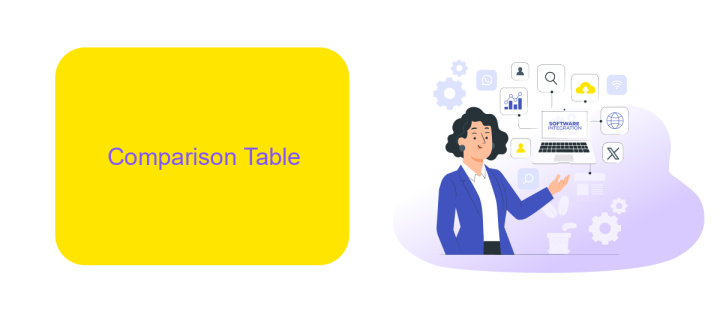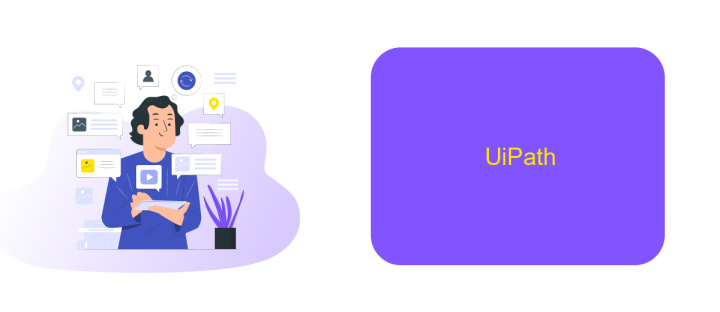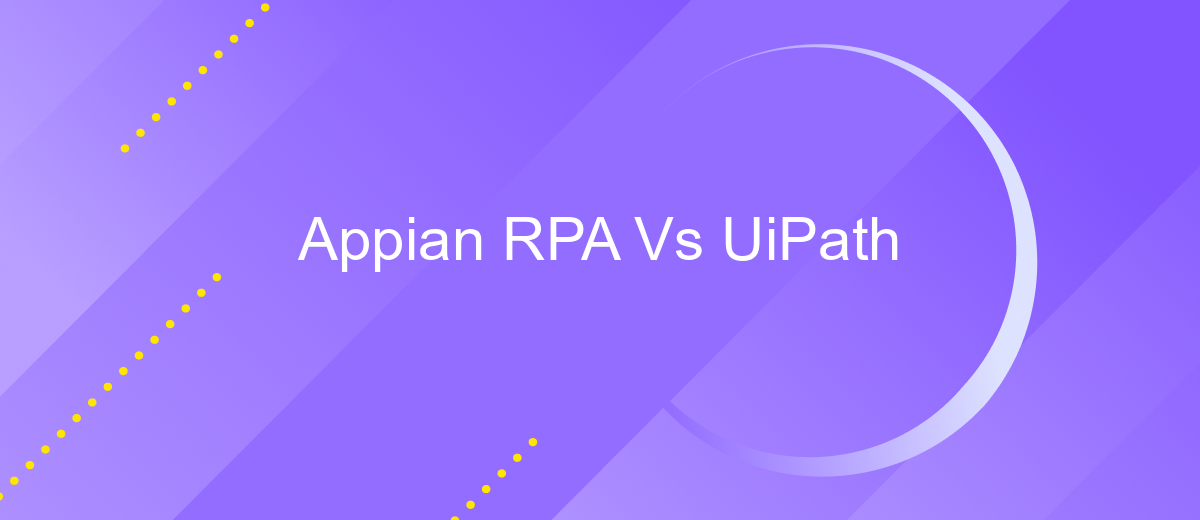Appian RPA Vs UiPath
In the rapidly evolving landscape of robotic process automation (RPA), Appian RPA and UiPath stand out as two prominent platforms. Each offers unique features and capabilities designed to streamline business processes and enhance operational efficiency. This article delves into a comparative analysis of Appian RPA and UiPath, exploring their strengths, weaknesses, and suitability for various organizational needs.
Introduction
In the rapidly evolving landscape of robotic process automation (RPA), choosing the right platform can significantly impact your business efficiency. Two major players in this field are Appian RPA and UiPath, both offering robust solutions for automating repetitive tasks. Understanding the strengths and weaknesses of each can help organizations make informed decisions tailored to their specific needs.
- Appian RPA: Known for its seamless integration with Appian's low-code platform, offering end-to-end process automation.
- UiPath: Renowned for its extensive community support and a wide range of pre-built automation components.
- ApiX-Drive: A versatile tool for setting up integrations, ensuring smooth data flow between different platforms.
Both Appian RPA and UiPath provide unique features that cater to different business requirements. While Appian excels in integrating with its own ecosystem, UiPath offers a more flexible and community-driven approach. ApiX-Drive can further enhance these platforms by facilitating seamless integrations, making it easier to connect various services and streamline workflows.
Comparison Table

When comparing Appian RPA and UiPath, several key differences and similarities emerge. Appian RPA integrates seamlessly with Appian's low-code automation platform, making it ideal for organizations already using Appian for process management. UiPath, on the other hand, offers a more extensive set of features focused solely on robotic process automation, including advanced AI and machine learning capabilities. Both platforms support a wide range of applications and systems, but UiPath's extensive library of pre-built integrations and its community support make it a more versatile choice for diverse automation needs.
In terms of ease of use, Appian RPA is designed to be user-friendly for those familiar with Appian's ecosystem, whereas UiPath provides a more intuitive interface for users at all levels. For integration purposes, both platforms can benefit from services like ApiX-Drive, which simplifies the process of connecting various applications and automating workflows without the need for complex coding. Ultimately, the choice between Appian RPA and UiPath depends on the specific requirements of the organization and the existing tools they are using.
Appian RPA

Appian RPA is a powerful tool designed to automate repetitive tasks and streamline business processes. By leveraging robotic process automation, Appian RPA helps organizations to increase efficiency and reduce human error. It offers a user-friendly interface and robust capabilities for developing and managing bots.
- Scalability: Appian RPA can easily scale to meet the growing demands of any business.
- Integration: It seamlessly integrates with various systems and applications, enhancing workflow automation.
- Security: Appian RPA ensures high-level security and compliance with industry standards.
- Efficiency: It significantly reduces the time and effort required for manual tasks.
One of the key advantages of Appian RPA is its ability to integrate with different services, such as ApiX-Drive. ApiX-Drive facilitates seamless data transfer between various applications, allowing for more efficient and automated workflows. By combining Appian RPA with ApiX-Drive, businesses can achieve a higher level of automation and operational efficiency.
UiPath

UiPath is a leading robotic process automation (RPA) platform that helps businesses automate repetitive tasks, thereby increasing efficiency and productivity. It offers a user-friendly interface and a wide range of tools that cater to both technical and non-technical users. With UiPath, organizations can design, deploy, and manage automation workflows seamlessly.
One of the standout features of UiPath is its robust integration capabilities. The platform supports various integrations with third-party applications, making it versatile and adaptable to different business needs. For instance, ApiX-Drive is a service that can be used to facilitate integrations, allowing for smooth data transfer between UiPath and other software systems.
- Drag-and-drop workflow design
- Advanced analytics and reporting
- AI and machine learning capabilities
- Extensive library of pre-built automation components
In addition to its comprehensive feature set, UiPath provides extensive support and training resources, making it easier for users to get up to speed. Whether it's through online tutorials, community forums, or professional training programs, UiPath ensures that users have all the tools they need to succeed in their automation journey.
Conclusion
In conclusion, both Appian RPA and UiPath offer robust solutions for robotic process automation, each with its own strengths and weaknesses. Appian RPA excels in its seamless integration with Appian's low-code platform, making it an excellent choice for organizations looking to streamline their workflow automation within a unified environment. On the other hand, UiPath stands out for its extensive community support and a wide array of pre-built automation components, which can significantly accelerate deployment times and reduce development effort.
Choosing between Appian RPA and UiPath ultimately depends on your specific business needs and existing technological ecosystem. For companies that require a versatile and easily integrable solution, leveraging services like ApiX-Drive can further enhance the capabilities of either platform by simplifying the integration process across various applications. By carefully evaluating your organization's requirements and leveraging the strengths of these platforms, you can make an informed decision that maximizes efficiency and drives digital transformation.
- Automate the work of an online store or landing
- Empower through integration
- Don't spend money on programmers and integrators
- Save time by automating routine tasks
FAQ
What are the main differences between Appian RPA and UiPath?
Which platform is easier to use for beginners?
Can both platforms be integrated with other software tools?
What are the deployment options for Appian RPA and UiPath?
How do the licensing models compare between Appian RPA and UiPath?
Apix-Drive will help optimize business processes, save you from a lot of routine tasks and unnecessary costs for automation, attracting additional specialists. Try setting up a free test connection with ApiX-Drive and see for yourself. Now you have to think about where to invest the freed time and money!


